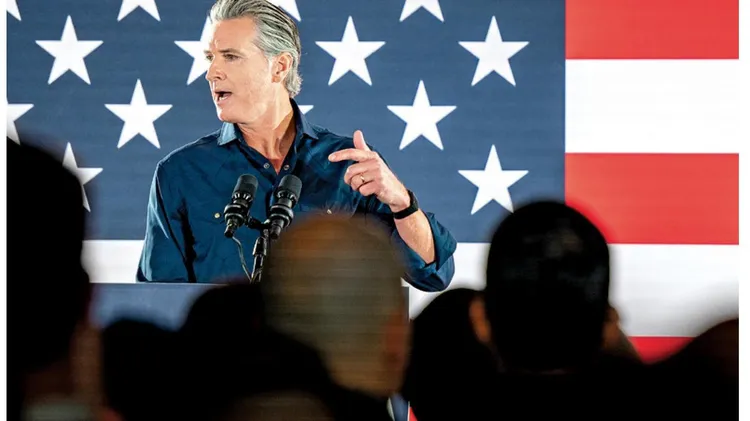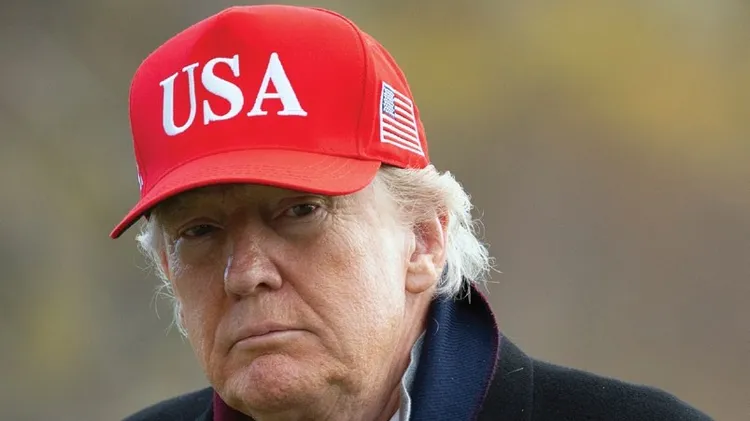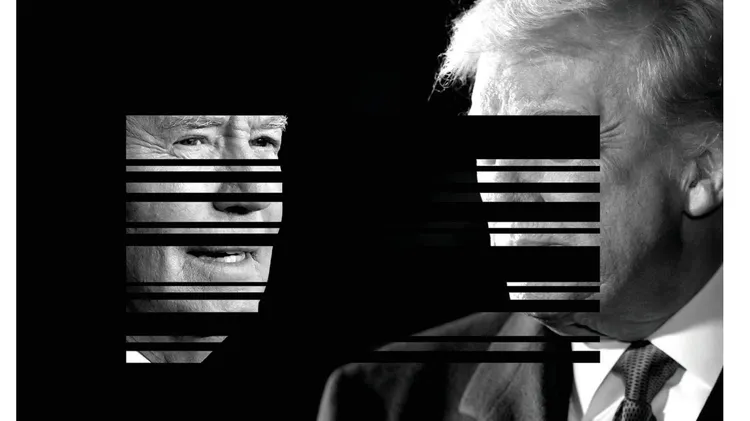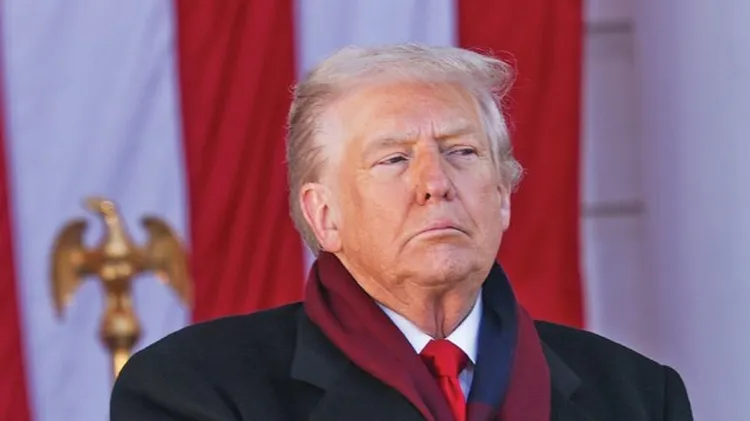“MAGA is ascendant,” crowed Representative Matt Gaetz on Oct. 25
The end of reagan’s gop
3 min read
This article is from...
Read this article and 8000+ more magazines and newspapers on Readly






